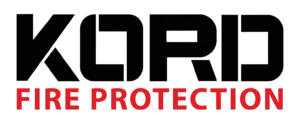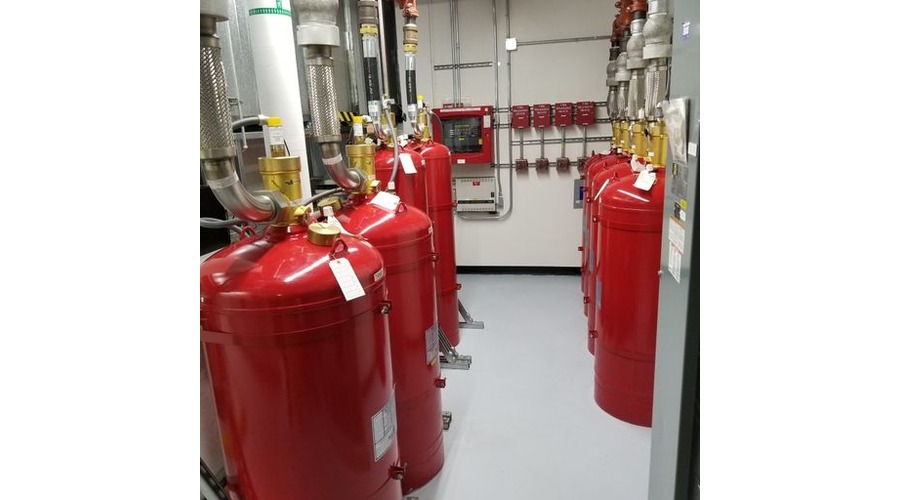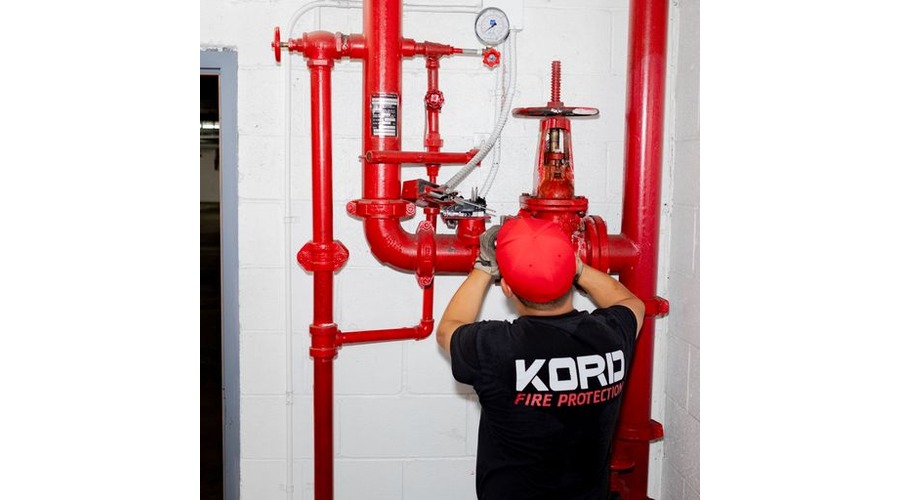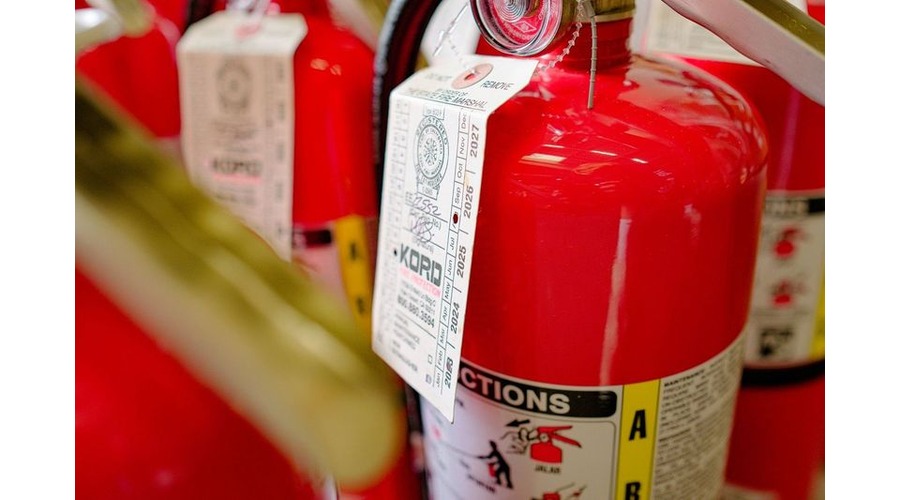
NFPA 25
The NFPA 25 requirements are a pretty important thing to know when it comes to the fire protection industry, but…
What is NFPA?
The NFPA 25 requirements are obligatory for businesses, that ensures the effective operation of fire protection systems, while side stepping substantial penalties for non-compliance.
The requirements stand as a globally acknowledged benchmark for inspecting, testing, and maintaining (ITM) water-based fire suppression systems. The primary objective of this standard is to have the integrity and functionality of these systems verified, ensuring optimal performance in case of a fire outbreak. The minimal care and necessary work needed to sustain these systems are outlined by it. In the United States, this standard has been embraced by most states through either building codes or fire codes.
The Significance of NFPA 25?
NFPA 25, which stands for the National Fire Protection Association, provides recommended schedules and frequencies for specific requirements: Inspection, Testing, and Maintenance.
- Inspection: A meticulous assessment of the system, identifying physical damages, corrosion signs, deep dents, or other flaws.
- Testing: A physical examination, ensuring the system can withstand high-pressure conditions without any leaks.
- Maintenance: Expert interventions to repair or maintain the system, replacing disposable components or reinstalling hoses and tamper seals.
The California edition incorporates specific regulations applicable to the state. Adhering to NFPA 25 testing frequencies is essential for a comprehensive fire protection strategy.
A PDF version is available for reference.
What are the responsibilities of property owners under NFPA 25, and how often should fire protection personnel inspect gauges and alarm valves?
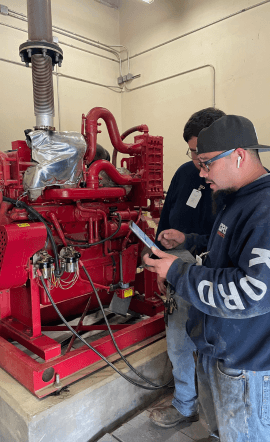
Property owners or their designated representatives are responsible for maintaining the fire protection system. Monthly inspections involve on-site fire protection personnel checking pipe system gauges, ensuring water pressure is maintained, and inspecting alarm valves. They must conduct these activities on a monthly, quarterly, or annual basis.
For quarterly and annual ITM services, it’s recommended to enlist the expertise of licensed fire protection professionals. These experts evaluate facility safety, pinpointing areas or processes that could pose threats during a fire emergency. If they identify hazardous conditions, they provide timely recommendations for remediation, enhancing overall facility safety and ensuring compliance with NFPA 25. It’s also good practice to keep recent inspection and test records readily available. This helps when presenting them to service providers upon request, preventing potential system failures and code violations.
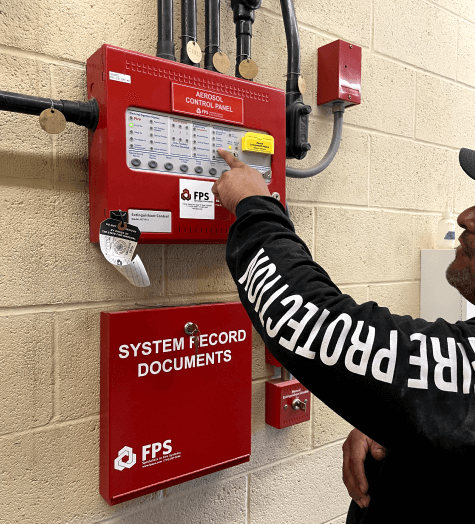
NFPA Inspection – Key Considerations
Preparing for an NFPA 25 inspection can be daunting, especially for properties that have undergone significant remodeling, necessitating a comprehensive review of safety systems. Although not a legal mandate, adhering closely to the standard’s guidelines is prudent. This can not only save lives in case of emergencies but also prove cost-effective in terms of time and money invested in building maintenance.
Is an NFPA 25 Inspection Mandatory?
NFPA 25 is a standard, not a legal regulation dictating inspection frequencies. However, local regulations may mandate it, necessitating compliance checks. To ensure compliance, consult local building codes, specialists, or even the fire marshal. Regular NFPA 25 inspections, even when not legally required, remain a prudent choice.
How Often Should Systems Be Inspected?
The NFPA outlines suggested inspection frequencies for various fire suppression system components. While some elements require quarterly or annual checks, others, like control valves, necessitate weekly or monthly inspections. Sprinklers typically require sample testing every five years, with 10- and 20-year testing periods for different types of systems. Some components follow manufacturer guidelines for testing frequency, necessitating consultation for compliance assurance.
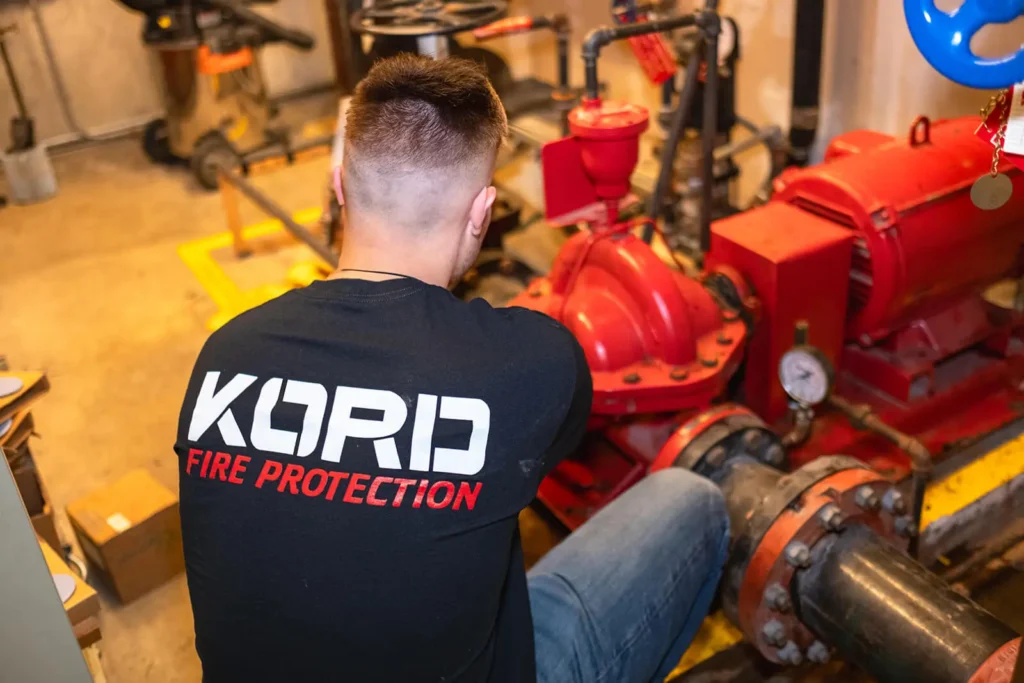
How frequently should annual inspections be conducted for water-based fire protection systems as per these guidelines?
Annual inspections are mandated by NFPA 25 for all water-based fire protection systems, with more frequent examinations required for specific components or under particular conditions, including those present in corrosive environments.
NFPA 25 Testing Requirements
This requirement mandates testing of fire protection systems, typically examining 1% of connected sprinklers, with a minimum of four tested. Consulting an inspection specialist is crucial for comprehensive assessments aligned with NFPA 25 standards. Specific issues like corrosion may prompt additional inspections. Prompt reporting of leaks is essential for timely resolution and system integrity.
Testing under these set rules ensures the reliability of fire protection systems, and collaboration with specialists enhances compliance. Vigilance in addressing issues like corrosion and immediate reporting of leaks are vital for maintaining system effectiveness and addressing vulnerabilities promptly.
Preparing for a Fire Inspection
Preparing for an NFPA 25 inspection involves a rudimentary check of sprinklers, valves, and pipes for corrosion or leaks. For individual component dry-testing, ensure you know the location of the shutoff valve to manage the system’s condition adequately. Taking notes during inspections helps future preparedness, benefiting from prior knowledge even with specialist assistance. Address any doubts promptly, as resolving questions in advance prevents test modifications or postponements during the inspection process.
So to recap,
Fire protection systems swiftly quell fires, minimizing damage and saving lives. Like any other building system, these systems experience wear and tear. Timely inspections and tests following NFPA 25 ensure their optimal performance, providing an extra layer of protection to your facility. Moreover, NFPA 25 is actively enforced by the Orange County Fire Department, making mandated inspections crucial for avoiding violations and hefty penalties.
Is your fire protection system up to code?
Why stress about it? Get in contact with us, and we’ll do the heavy work for you. Then you’ll be able to pass your next inspection stress free.
